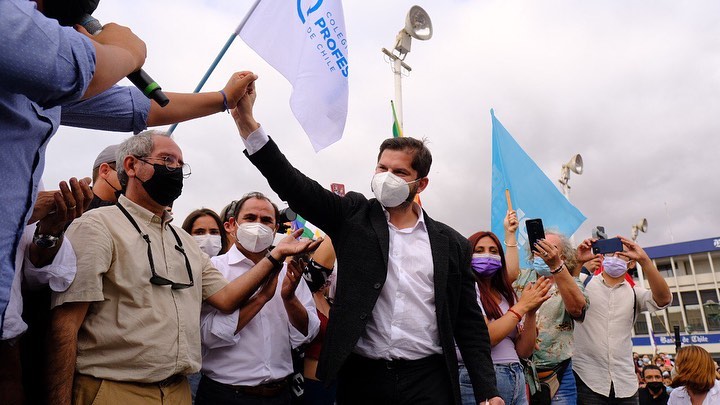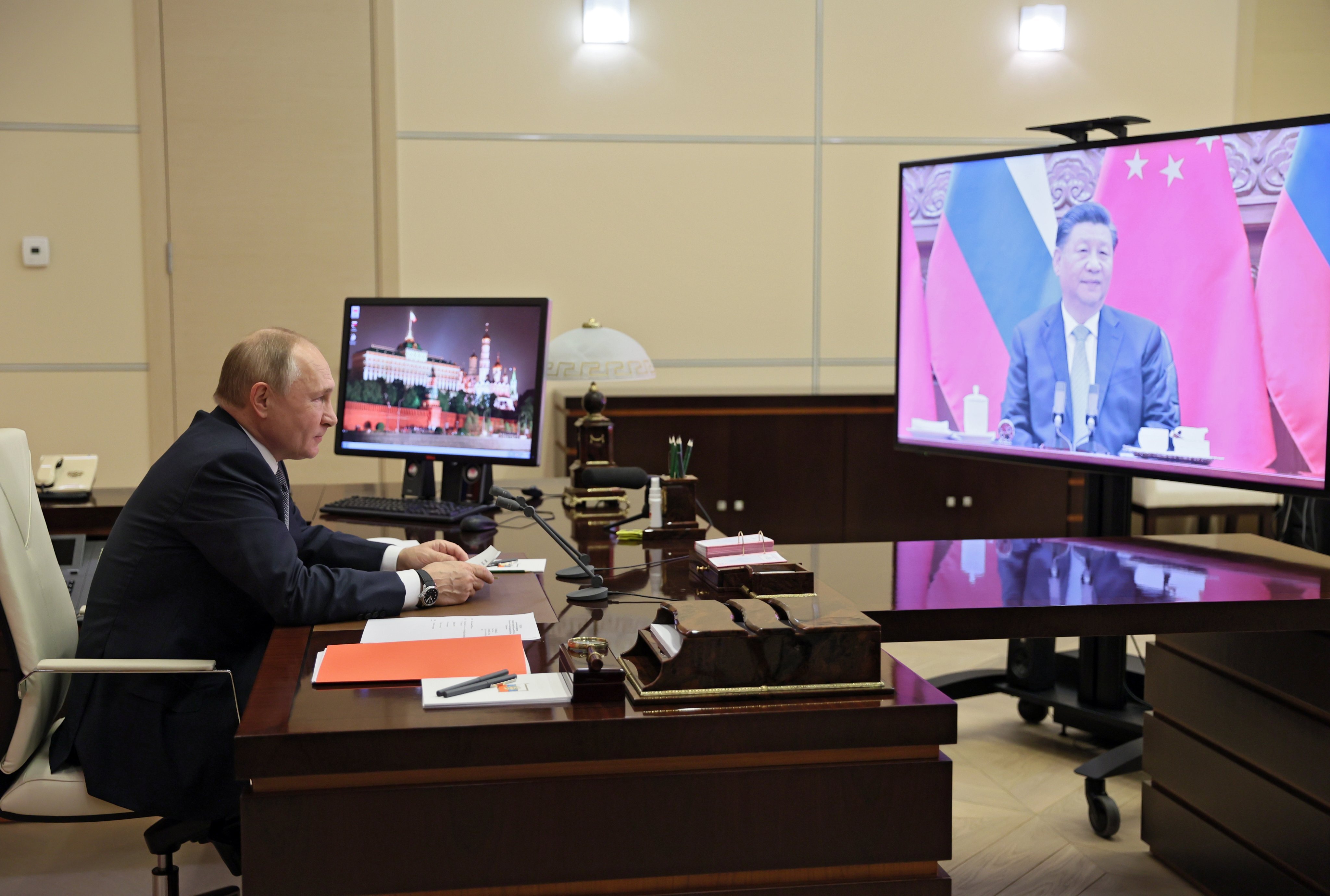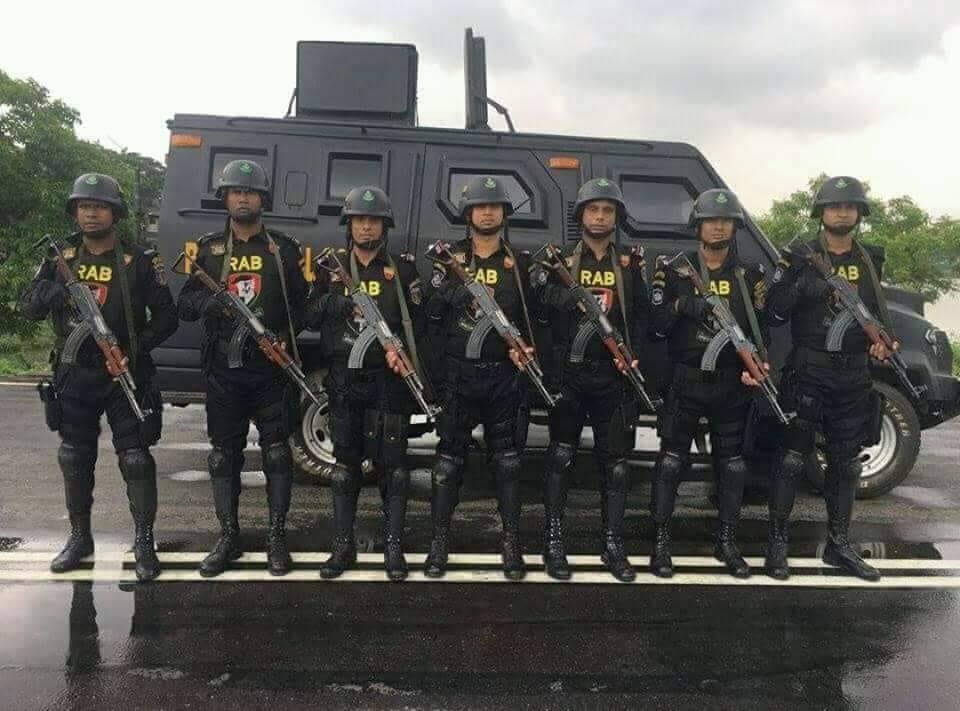
Human rights campaigners have welcomed the announcements of US sanctions on Bangladesh's notorious paramilitary unit, the Rapid Action Battalion, as well as the country's national police chief, but have called for further action.
The sanctions were announced by the US on 10 December, International Human Rights Day and come as part of a raft of sanctions and visa bans targetting human rights abuses in countries such as China, North Korea, Russia, Myanmar, and Sri Lanka.
In their statement the State Department detailed:
"Benazir Ahmed, current Inspector General of the Bangladesh Police and former Director-General of Bangladesh’s Rapid Action Battalion (RAB), and Miftah Uddin Ahmed, Lieutenant Colonel and former commanding officer of RAB Unit 7, for their involvement in a gross violation of human rights, namely the May 2018 extrajudicial killing of Teknaf City Municipal Councilor Ekramul Haque in Teknaf, Cox’s Bazar District, Bangladesh. The RAB, Benazir Ahmed, and five other officials were also designated today by the Department of the Treasury under the Global Magnitsky sanctions program in connection with serious human rights abuse".
The sanctions mean the RAB will neither be allowed to own properties in the US nor engage in any financial transaction with a US body or personnel. The sanctions also ban seven current and former top officials of the RAB, including Benazir Ahmed, the inspector general of Bangladesh Police, from entering the US.
Commenting on the sanctions, Phil Robertson, Human Right Watch's (HRW) deputy director of Asia noted:
"RAB deserved to be sanctioned years ago because it has been a de facto death squad, operating with impunity for years in Bangladesh”.
“Now, the designation means the U.S. is finally putting their words of condemnation into action by sanctioning some of the key, top officers of RAB both present and past”, he added.
He further stated that HRW has called for the disbanding of RAB for years and the sanctions illustrate why Bangladesh should heed this advice and end its reign of terror.
Human rights activist, Mohammad Ashrafuzzaman called for further action such as reviewing Bangladesh's participation in global peacekeeping operations. He further added:
“The sanctions have been imposed only on some former and present RAB officers. Actions should be taken also against the perpetrators from police, military intelligence and other agencies who committed identical crimes”.
What is the RAB?
In 2004, the Bangladesh government established the RAB drawing from figures in the army, air force, navy and police. However, since its formation, the group has grown notoriety for alleged abuses which include arbitrary detention, torture, and extrajudicial killings.
The Bangladesh human rights group, Odhikar, has estimated that between 2009 and September 2021, RAB killed at least 1,255 people in extrajudicial shootouts. A further 605 were forcibly disappeared across this same period with the RAB being accused of being behind at least 190 of these cases. 81 of those who disappeared have been found dead whilst 154 remain missing.
Following the ascent of Prime Minister Sheikh Hasina’s Awami League to power in 2009, the RAB stands accused of forcibly disappearing opposition political activists.
Wahiduzzaman, a former university teacher in Bangladesh who fled the country told Voice of America:
"Security forces, including RAB, also shot dead many opposition activists during the violent anti-drug campaign and falsely tagged them as drug peddlers.”
Bangladesh's response
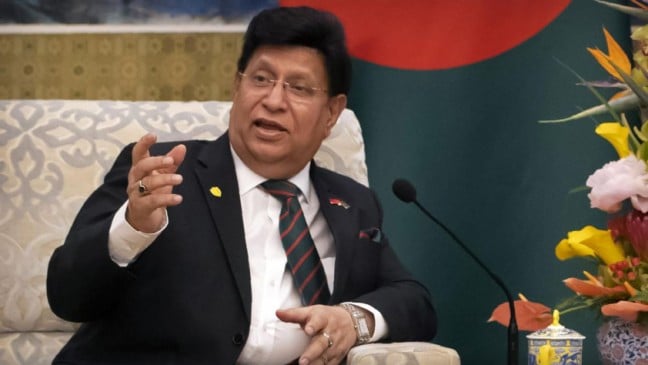
Responding to the sanction's Bangladesh's Home Minister Asaduzzaman Kamal dismissed the charges stating:
“None can kill a person just on his own. In our inquiries in the past, we found all the incidents [of killings] were justified. Such incidents happen in all countries,”
Foreign Minister Abul Kalam Abdul Momen further chided the US describing their actions as "not very mature".
Bangladesh's authorities have consistently denied allegations of abuse against the RAB however in 2017 a court had issued death sentences to 16 RAB members for abducting and murdering seven people in Narayanganj city.
A change in US policy
_0.jpg)
Commenting on the announcement Michael Kugelman, deputy director and senior associate for South Asia at the Wilson Center, noted the peculiar timing of the sanctions with the US seeking closer relations with Bangladesh. In February, US officials met with Bangladesh's army chief and spoke of the close partnership between the two countries.
He further criticises the idea that this would be a shot at China noting that sanctions would only drive Bangladesh to further turn towards China.
The US may have made the move “not to distance itself from Dhaka, but to send a tough message that it wants to engage more” but only if Dhaka improves its rights record, he notes.
Ali Riaz, professor at Illinois State University, told Al Jazeera that the recent decision illustrated that the “patience of the United States is wearing thin”. He added that:
“For a long time, Washington used to view Bangladesh through the Indian prism, but this (sanction) indicates it is decoupling Bangladesh from its India policy”.
He also highlighted that the effectiveness of these sanctions will depend on whether countries such as the United Kingdom or Canada will join America.
Read the US State Department's statement here.
Read more here and here.
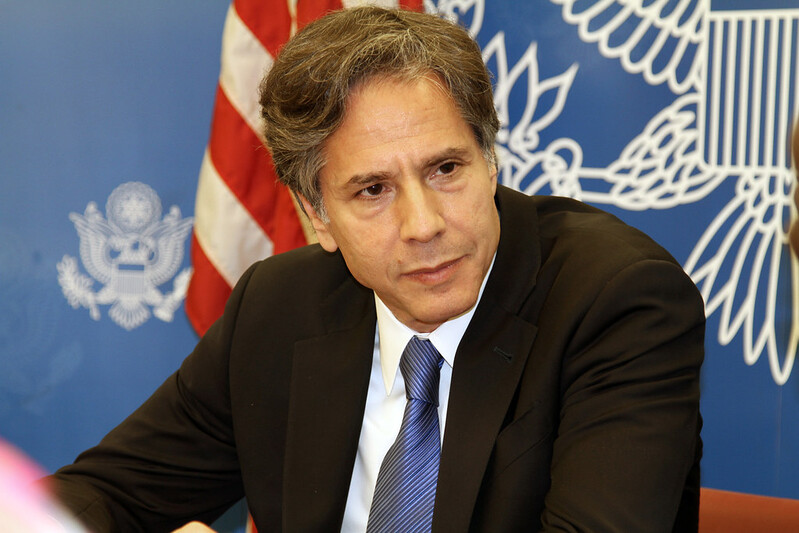



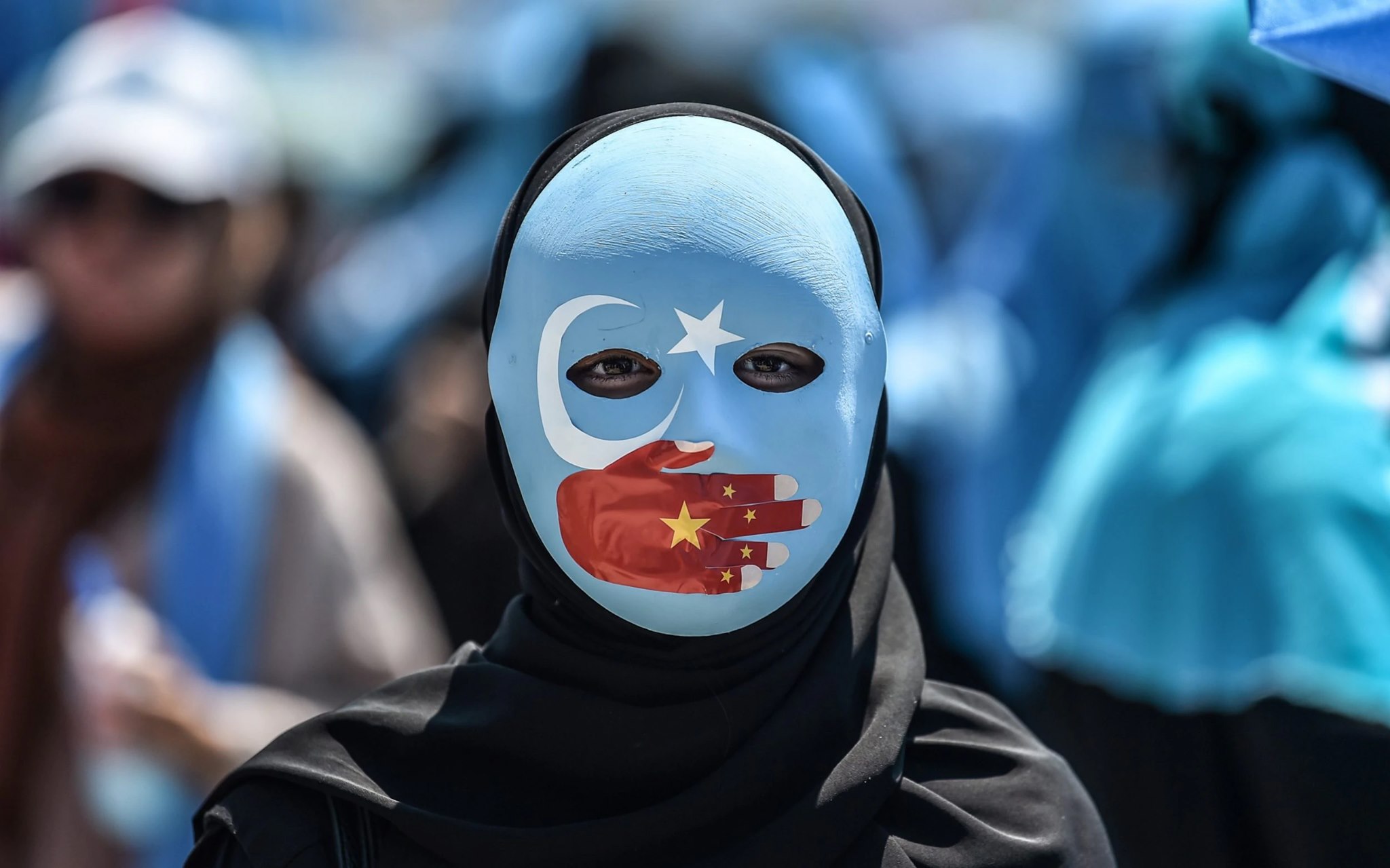


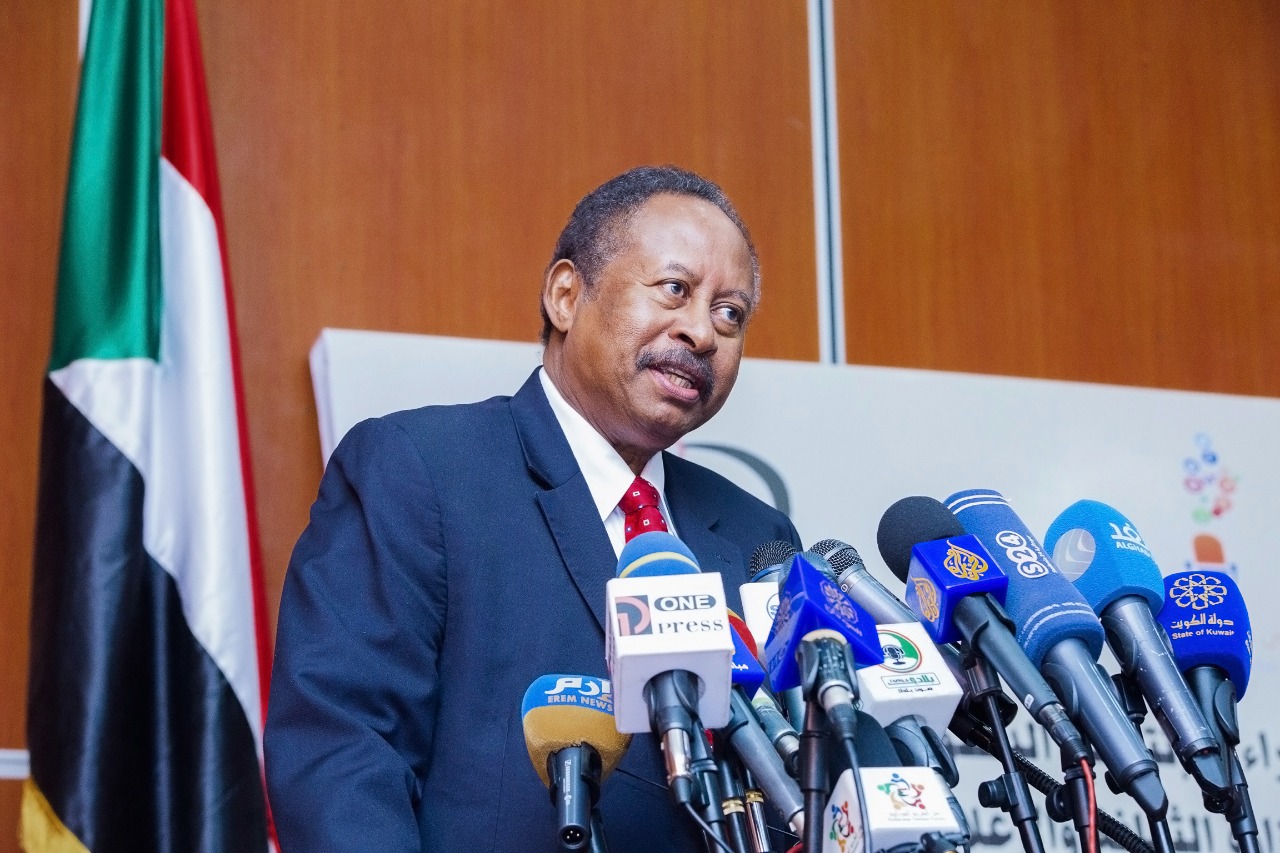


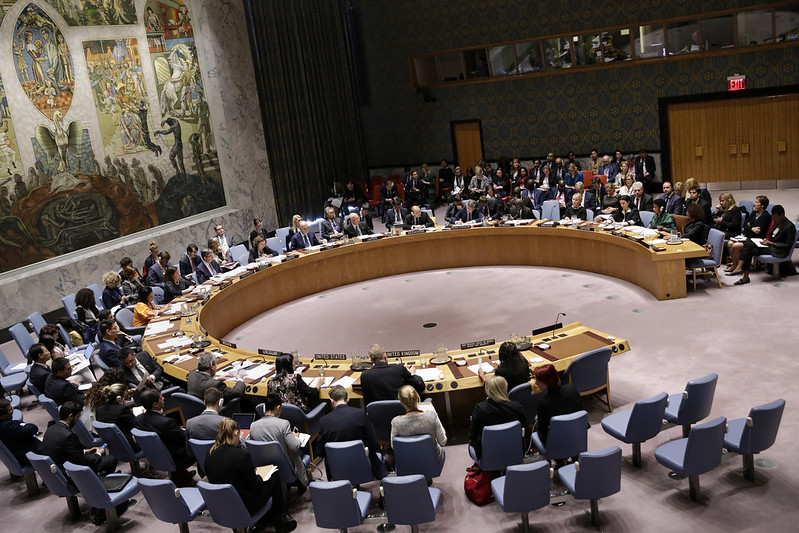




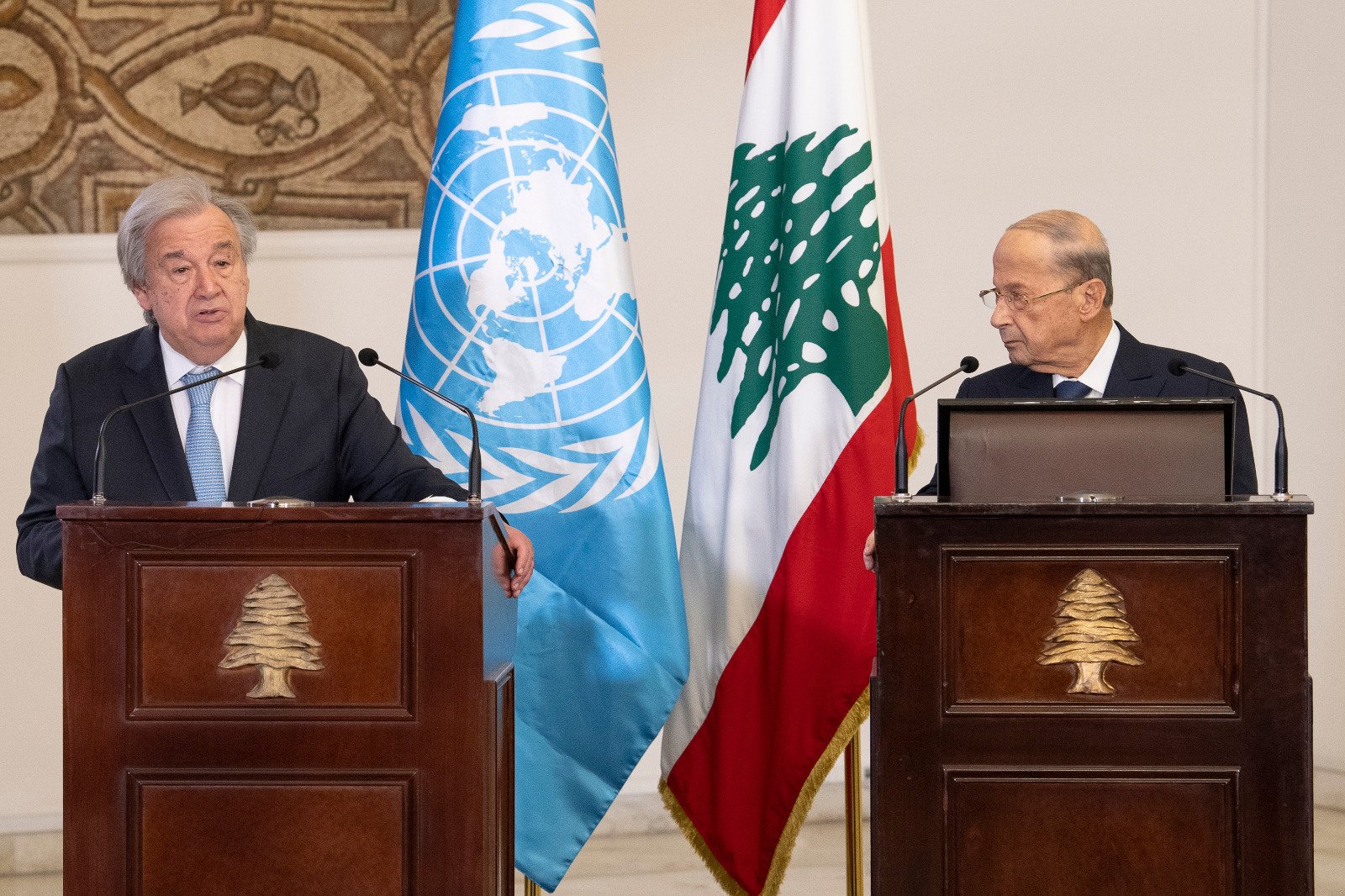
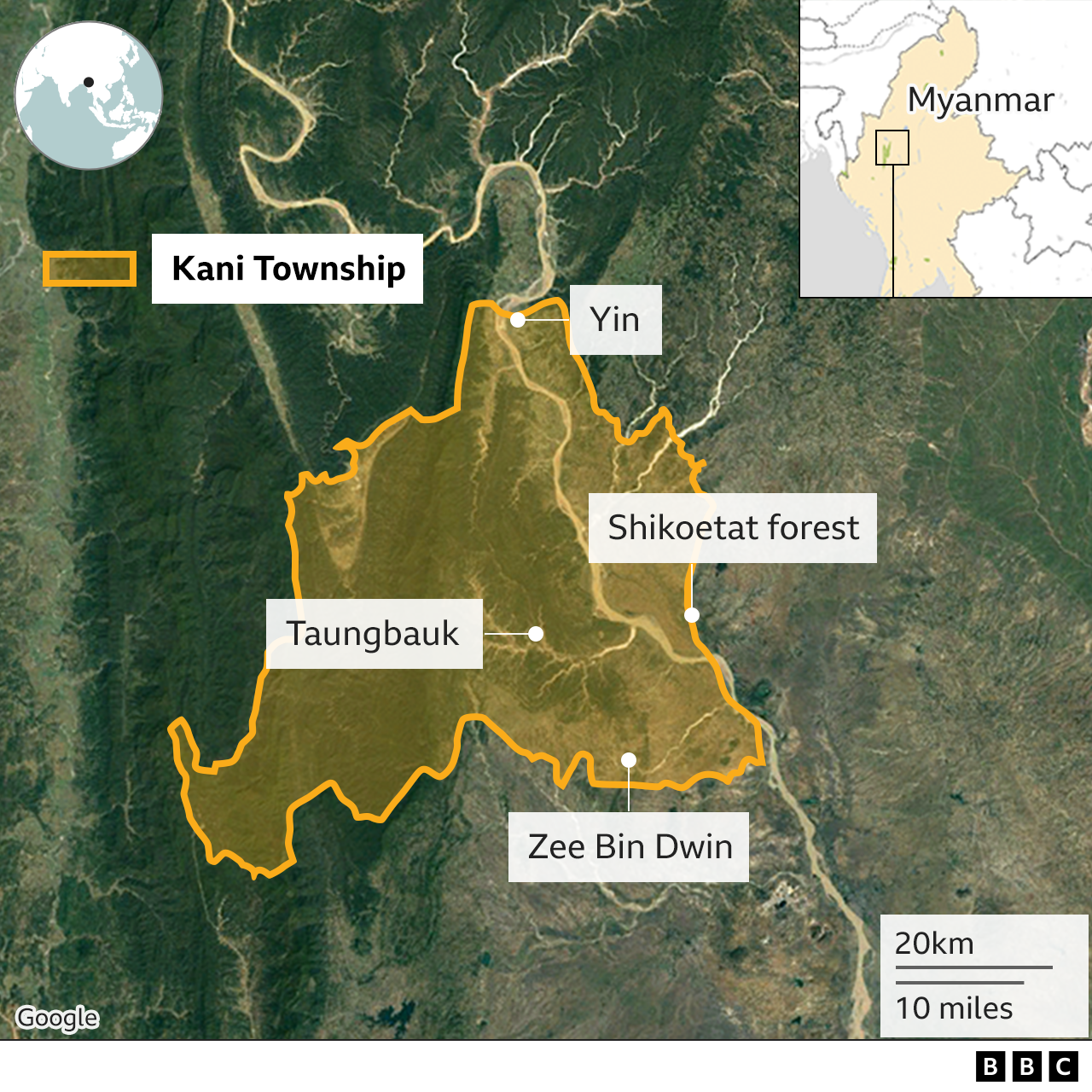 The largest killings took place in Yin village, where at least 14 men were tortured to death before their bodies were thrown in a forested gully, reports the BBC. In the village of Zee Bin Dwin, 13 mutilated bodies were found buried in shallow graves. Amongst the bodies was the small body of a possible child as well as the body of a disabled person. Some of the bodies uncovered had been mutilated.
The largest killings took place in Yin village, where at least 14 men were tortured to death before their bodies were thrown in a forested gully, reports the BBC. In the village of Zee Bin Dwin, 13 mutilated bodies were found buried in shallow graves. Amongst the bodies was the small body of a possible child as well as the body of a disabled person. Some of the bodies uncovered had been mutilated.
